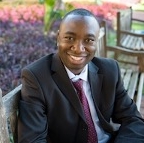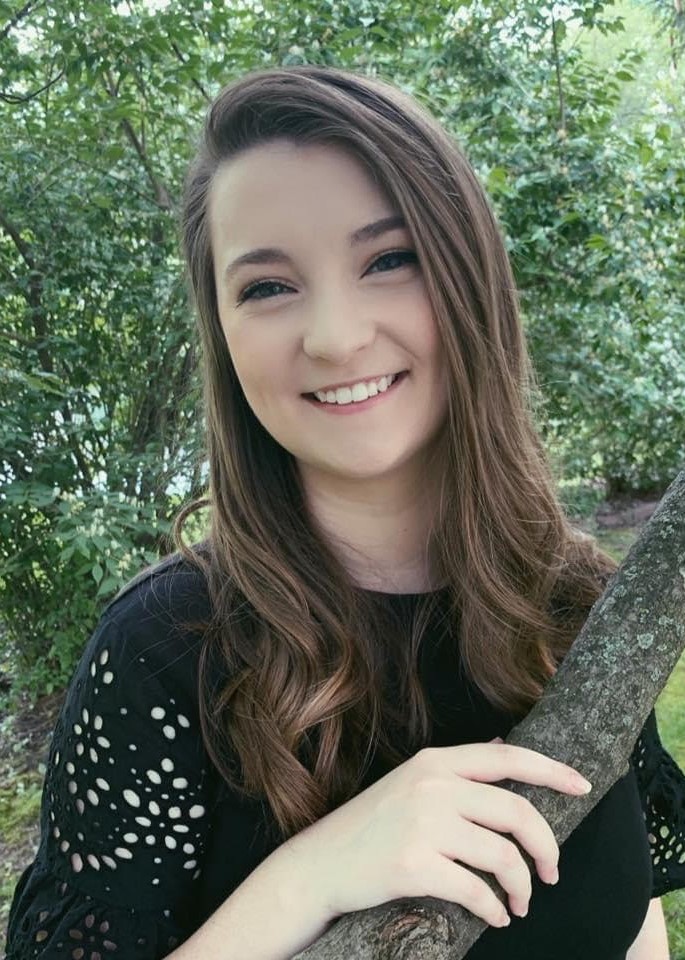WiE celebrates SEAS faculty who have achieved so much in their careers and in their work at GW. In this series titled "Conversations with SEAS Faculty," current students are matched up to a faculty member and conduct a brief interview to explore the focus of their work, their sources of inspiration, and their perspectives in academia and research.
Professor Ekundayo Shittu, Systems Engineering
General Research: Research in technology management and the economics of renewable energy systems focuses on the interplay between public policy, competition, and energy technology investments. He examines the strategic interaction between firms' technology stocks and the external environment through the lenses of optimization modeling, transaction cost economics, and the resource-based view. His research has been supported by competitive grants from the National Science Foundation, Department of Energy, Alfred P. Sloan Foundation, Duke Energy Renewables, Toyota Mobility Foundation, etc.
Q. Please share how you came to join the faculty at SEAS.
A. When I did my Bachelors in Electrical Engineering in my home country of Nigeria, I worked at a bank and eventually a beverage manufacturing company as an automation engineer. While that was going on, I had applied for graduate studies at The American University in Cairo. Even though I had a really good job, I realized how much I missed school, so I quit my job to get my Master's in Industrial Engineering there. During my first semester in Cairo, I traveled to Canada for a conference, and I soon realized I wanted to pursue more education after my Master’s. I applied for schools in the U.S. and Canada, and I came to the University of Massachusetts Amherst to get my Ph.D. in Industrial Engineering and Operations Research. After graduating, I worked as a Visiting Assistant Professor at the Tulane University School of Business, but I realized that deep down it wasn't what I wanted to do. In 2013, I came to a GW conference and gave a lecture on technological stasis. I met with one of the chairs of the engineering department who was fascinated with my presentation, and recommended that I apply to an opening. I've been here now since 2013, so it will be nine years here at the end of this academic year. To be honest with you, it has been one of the best decisions I have ever made.
Q. Some feel that being able to focus on research is a luxury - how much of that is true for you and how much is not? (How do you manage to do all you do?)
A. I don't think I like the connotation of the word luxury. I would say that the ability to do research is a privilege. Why do I think that? I think that people who say research and all the time spent is a luxury are missing the point. The point is this -- when you do research with the exclusion of teaching, there is a problem. When you view research as a way of reinforcing teaching and teaching as a reinforcement for research, then you will not see that exclusion. I call it a privilege because there are certain things we take for granted. Coming from a developing world where access to potable water is rare, that is a luxury. In this case, I think research is a privilege to me because I know not everyone has that privilege. If you have the will to do research, you have to be at an institution that values it and provides you the resources which most people don't have. I also think it's important that we integrate research into the classes we teach and excite students to be a part of research.
Q. Who are your role models? Why?
A. Oh man, I have so many role models! I see my parents as my first role models. With my mom, she persevered in marriage and I saw this growing up. Sometimes when I think about it, I tear up. Growing up in Africa which is a patriarchal society, she persevered through that and I drew from her strength. With my dad, I learned something from him as well – I learned the value of education. He knew that there is just no limit to how far you can go if you dedicate yourself. I saw that in my dad very early on. He gave me a book to read when I was in middle school, The Power of Positive Thinking by Norman Vincent Peale. There’s a phrase in that book that I will never forget, something my dad also echoes: “Shoot for the moon. Even if you miss, you’ll land among the stars”. This tells you to aim high!
But how do you go through life with just one role model? No single role model has all of the qualities you want in the individual. Believe it or not, some of my current role models are the people in this department. I know some people like to pick super stars or celebrities, but trust me, these are the people who I aspire to be. I am always trying to build a better me.
Q. How much do you feel that gender plays a role in your career advancement?
A. I will forever be grateful for my Ph.D. advisor, Professor Erin Baker. Before I applied to the University of Massachusetts Amherst, I did a Google search on Professor Baker just to see what her research was. Her research was in renewable energy and advancing equity in Africa, and I knew that this was my lady. Even today, we are still in touch! She picked me up from nowhere and funded my education. In my five years of doctoral education, I never paid a cent. But why am I spending time talking about this woman? This woman saw the future and invested in it and me. When I talk about the value of gender in my career, I look at Dr. Szajnfarber who is my department chair, Dr. Heller who is the Program Director of WiE, and Dr. Saniya LeBlanc who I’ve worked with extensively. These people don’t see you for your gender but what you bring to the table which is how I see them as well. I can’t even put a value on what a benefit it has been to work with them.
Q. What is your parting advice for students and other faculty?
A. Everybody should be aspiring for more intelligence. Intelligence is not a trait, it is earned. That is one thing that I have learned over the years. I will make the distinction between the two types of intelligence. There is crystalized intelligence: things you have memorized and skills that you already know. But there is a fluid intelligence that somebody can keep improving upon. And I think with students and even faculty, they think college is just one phase. I learn about something and then I’m done. But learning never stops; you learn from cradle to grave. Just never stop learning!



